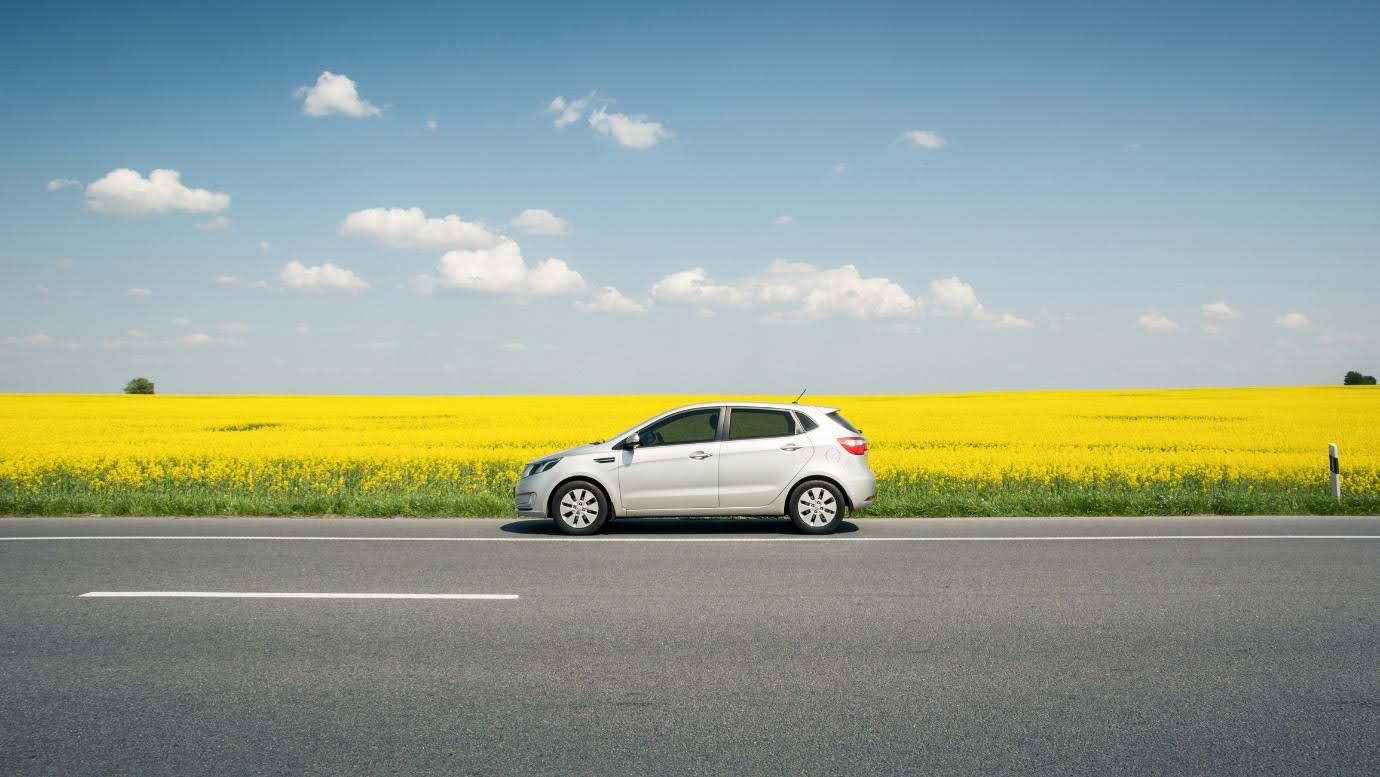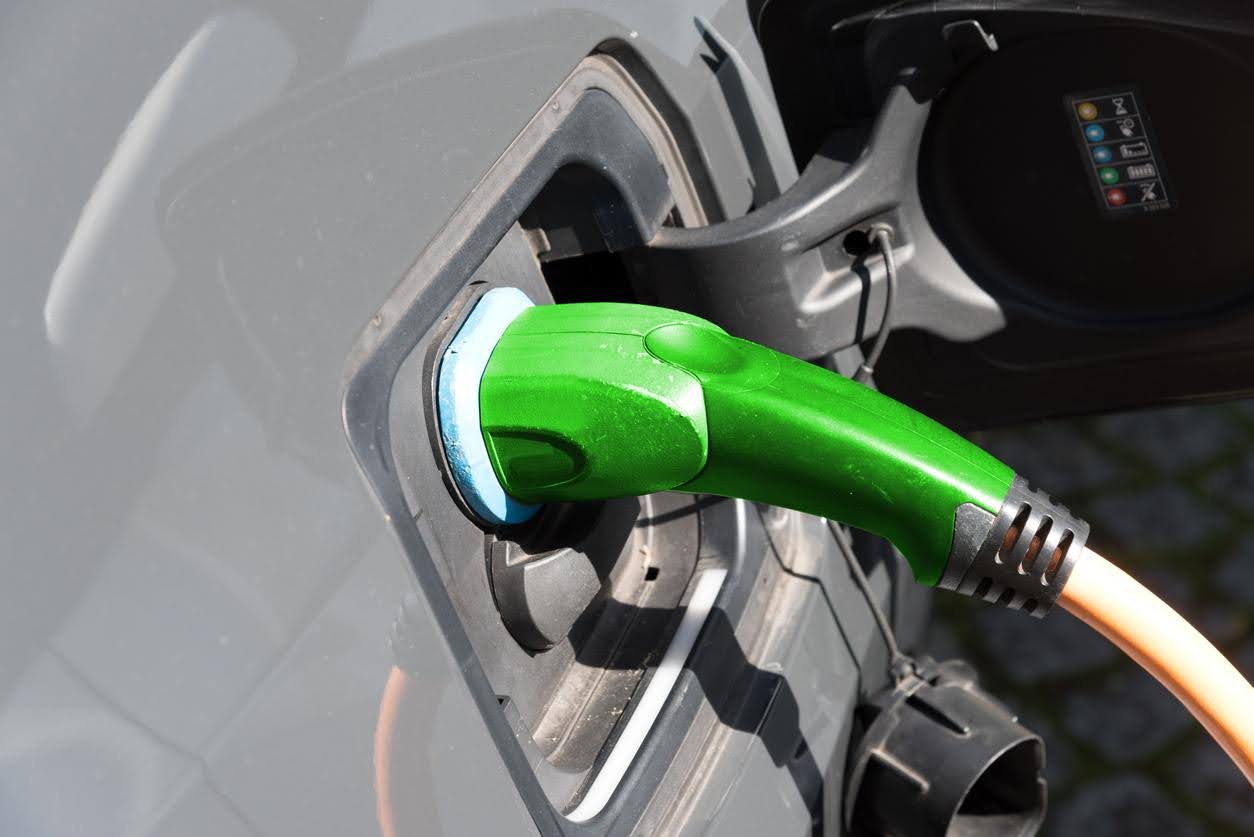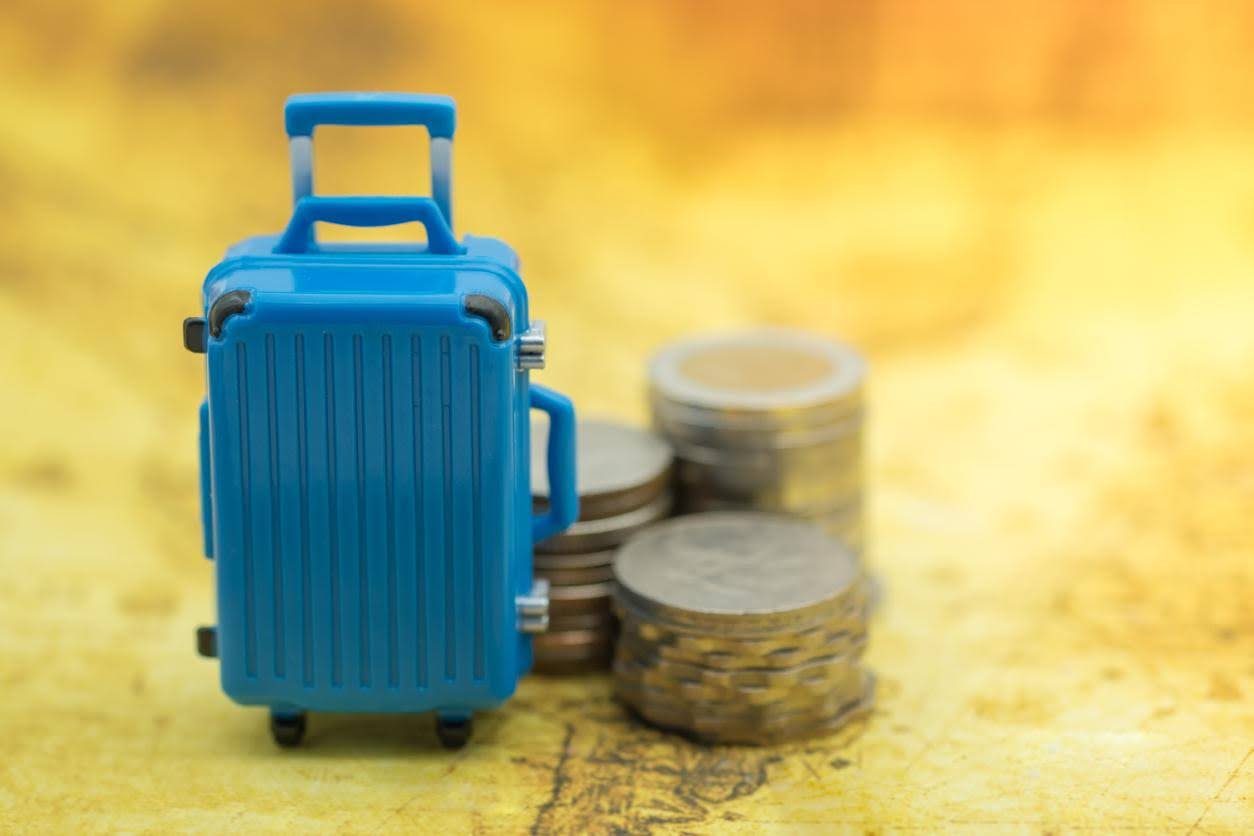If you don't plan ahead, it becomes very easy to pay more than you should for car hire. For example, car hire excess insurance, if paid for at the rental desk, may even double the price of hiring a car for a week's holiday. So to help, here's some advice on buying your car rental insurance before you travel and seven other tips that could save you a fortune.
1. Book Early
It's simple: the earlier you book your hire car, the more money you save. If you book early for car hire during the low season, you could save hundreds of pounds. Likewise, booking early for the high season still offers significant savings. And with the advent of car hire comparison search tools, you have no excuse for not booking early.
2. Beware Of The Full-To-Empty Car Rental Fuel Policy
Without fuel, your hire car adventure will grind to a halt before it has even started. As such, many car hire companies will 'helpfully' allow you to pay for a full tank of fuel upfront. However, the price of fuel is often inflated far beyond the local value, and if you opt for a full-to-empty policy, you'll receive no refund for unused fuel. Thus, you should look to hire from companies that offer a full-to-full fuel policy, as you then only pay for the fuel you use.
3. Can You Bring Your Own Car Hire Extras?
Extras such as child seats and a sat nav can help make a car journey both easier and safer. However, the price of hiring a car seat at the rental desk is typically between £6-8 per day. And if you want to hire a sat nav, you should expect to pay slightly more. As such, you should look into the possibility of bringing your own extras. Some airlines, for example, allow you to take a child's car seat for free as checked luggage.
4. Buy car hire excess insurance Before You Travel
In Europe, hire cars are often insured as standard. Yet if you damage your hire car, you may be liable to pay a large excess fee (often more than £800). Hire car companies use the threat of a high excess to convince travellers into paying for their Excess Waiver Insurance (EWI) that reduces the excess.
However, this is expensive and can cost as much as £25 per day with some rental companies. Instead, you can purchase an excess policy from iCarhireinsurance.com before you travel for as little as £3.99 per day. To get a quick quote, click here now.
5. Make Sure You Have Space On Your Credit Card For A Deposit
iCarhireinsurance.com's excess insurance is designed to reimburse the entire excess you are charged by your hire company if you damage their vehicle. As such, your hire car company will usually require a holding deposit on your credit card for the set excess.
Typically, this amount is ring-fenced on your credit card, rather than charged. If you forget to leave the requisite funds available on your card though, you may be left with little choice but to pay for the hire car company's expensive EWI.
6. Ignore The Rental Desk Sales Patter
If you have bought excess insurance before you travel and prepared adequate funds on your credit card, you will be able to ignore the rental desk sales patter with confidence. Be strong, and don't be fooled into paying for car hire excess insurance you don't need.
Some unscrupulous hire car companies may try and convince you that the policy you bought before you travelled is invalid with their hire car. This is untrue, as iCarhireinsurance enter into a contract with you and not the hire company they have nothing to accept/decline, as we would reimburse you directly if you're charged by the rental company.
Alternatively, your car hire company may try and convince you into paying for extra car hire excess insurance that covers vulnerable areas such as the car's roof, undercarriage, tyres and windshield. Again, these are areas covered by iCarhireinsurance.com's excess insurance policies as standard.
7. Check Your Car Inside and Out
Increased competition has led to some rental companies using dubious tactics to increase profit margins. Unfortunately, overcharging and claiming for questionable damages is becoming more common.
For this reason, you should take photos of your hire car, inside and out, and record all damage, scratches and dents on the rental agreement. Also, before you set off, make sure an employee of your hire company signs off on the recorded damage to prevent any dispute upon returning the car.
8. Preparation For Returning Your Car
If you hire a car on a full-to-full fuel policy as suggested, make sure you fill up the tank before you return it. Then, make sure you return the car on time, as a failure to do so may result in late charges. Like you did before you set off, take photos of your hire car, so you have a 'before and after' record of any damage. Also, ask for your paperwork before leaving, and if you paid a security deposit, keep the credit card slip to help prevent charges being added at a later date.










